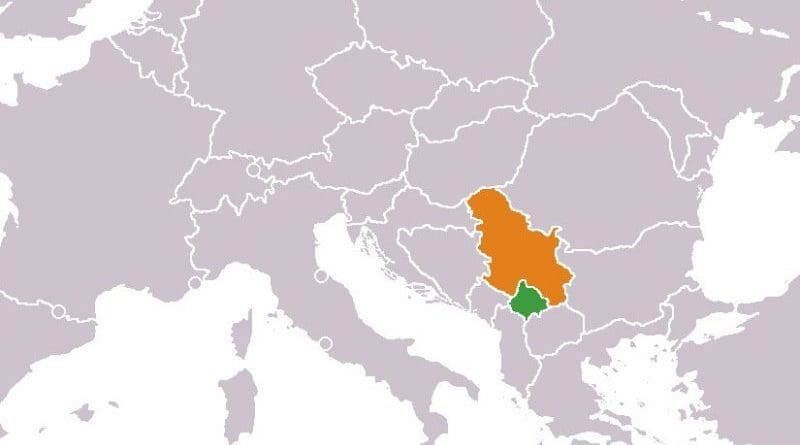EU ‘Losing Patience’ On Divided North Kosovo
By Fatmir Aliu and Jeta Xharra
Europe says the blame game over Serb-run northern Kosovo must end and the two sides need to return to the negotiating table.
A European diplomat says Europe wants mutual accusations to end between Kosovo and Serbia over who is responsible for tensions in northern Kosovo – and both sides should restart their stalled EU-mediated dialogue.
A source from Brussels told Balkan Insight that the EU Foreign Affairs Chief, Catherine Ashton, is trying to break the deadlock in the dialogue between Belgrade and Pristina in which neither side can agree on the content and agenda of the next round of discussions.
Belgrade left the negotiating table in July after the Kosovo government sent a team of Special Police to assert its authority over its northern border with Serbia.
Since then, local Serbs in north Kosovo have erected numerous barricades on roads and Serbia has demanded that the situation in the north be put on the agenda of the talks.
Pristina has refused to consider this demand on the grounds that the north of Kosovo is an internal issue.
Kosovo’s Albanian-led government has never controlled the far northern sliver of Kosovo, where Serbs form the majority and local authorities refuse to have any links with authorities in Pristina.
“Both parties should demonstrate commitment to finding a compromise on the dialogue, including on the north,” the same EU diplomat told Balkan Insight.
“Both parties are right about the issue but they should move on with a plan on how to get out of this limbo, since the situation is unacceptable and unstable.
“The blame games between the two should end; they don’t lead anywhere,” the diplomat added.
The same source said some EU member states have started negotiating with both Kosovo and Serbia to find a solution for the north, where the EU’s rule of law mission in Kosovo, EULEX, is encountering tough opposition from local Serbs.
The EU began facilitating a technical dialogue between Kosovo and Serbia in March. According to a UN General Assembly resolution, this means normalizing relations between the parties while they both move towards European integration.
The EU Envoy, Robert Cooper, has since then brokered five deals, mainly on trade, freedom of movement, and cadastral registry.
But only one agreement was actually implemented till now by Serbia, as a result of which Kosovo says the EU should reward Pristina for its “cooperativeness” and punish Belgrade for not respecting the deals it has agreed to.
The European official said the EU was “furious” with Serbia for leaving the negotiating table, and will make its irritation clear in its report on the assessment of the dialogue.
“European opinion over the summer was quite anti-Kosovo because of the [Special Police] action in the north and Pristina got the message that such unilateral operations are harmful.
“But all those Serb barricades erected later on the roads and Belgrade’s failure to deal seriously with the matter have changed opinions. Now the Albanians are less blamed than the Serbs for the tensions in the north,” the European diplomat said.
EU Envoy Cooper will issue to his evaluation of the implementation of the agreements reached during the talks by November 20.

